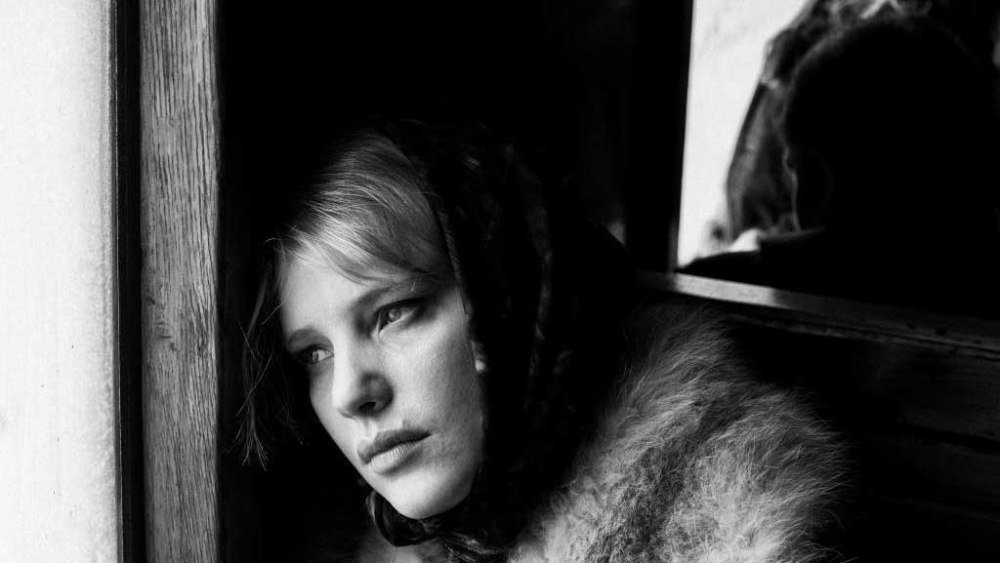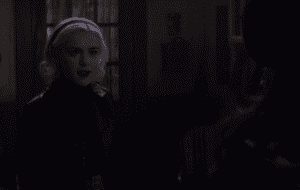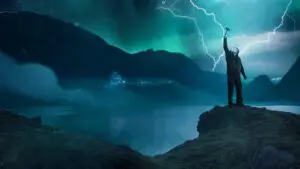Summary
Cold War has an epic sweep that’s a lyrical gem, almost visually imagistic, and that’s very close to a masterpiece.
“Time doesn’t matter when you’re in love,” Juliette tells her rival, of sorts, a mousy blonde named Zuzanna, who is a good decade younger than her, and it just so happens has been sleeping with her husband on and off for years. The new war-time tempestuous love(torn) story spans multiple years, even decades, and despite Cold War’s brief running time, the chemistry between its leads never loses its spark. In fact, it never quite goes out. However, Pawel Pawlikowski’s film has so much more on its mind than its passionate love story, depicting wartime politics turning art into propaganda as a backdrop to its romance that is always set to ignite against its frozen landscape and its ever-changing political climate.
Cold War begins in 1950’s Poland, during a long, hard, and cold winter. Zuzanna, or “Zula” (Joanna Kulig) as she is called, is a peasant girl that auditions to sing in a musical being cast by Wiktor (Bogowie’s Tomasz Kot) and Irene (Ida’s Agata Kulesza) during the cold war and the impending iron curtain closing in. Most of the men and women auditioning, practically kids really, are looking for a way out.
Zula is plucked from obscurity by Wiktor, who tells Agata that she has a certain “spirit” (note to future actors or actresses: don’t fall for that line on the casting couch) that he thinks will stand out. Soon Zula is being taught how to sing, dance, and begins her career just as Wiktor, Agata, and Lech (Spoor’s Borys Szyc) have a meeting with a Soviet Union official who wants them to work certain propaganda themes into their work, all while Zula and Wiktor start a torrid affair and plan on escaping together to Paris.
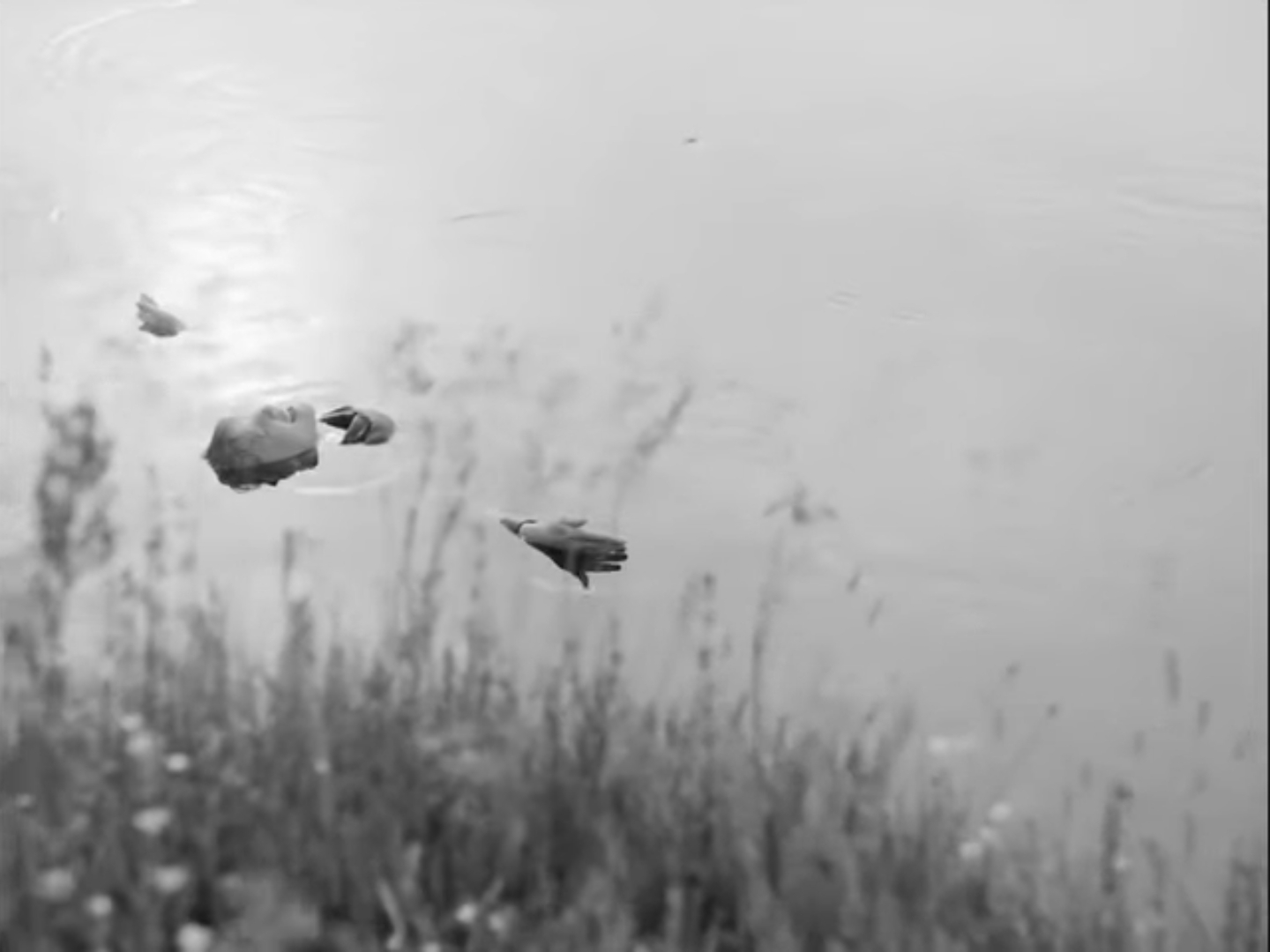
Cold War has a well-designed story arc and several character types that move the narrative along and direct reflections on issues going today that, by the end of the film, come together with such that you can’t have one without the other. You have the survivor, Zula, who attaches herself to the nearest life raft to escape war-time atrocities. Wiktor is an artist, the dreamer, who tells the truth to power, and like any artist worth their salt, he takes on impending political leaders even though the reputation he is building will limit his future.
Lech is the politician; he sees the future, the impending doom of Stalin’s influence, and aligns himself with political leaders so he can make his money, no matter who he hurts, steps over, and removes from the picture to get it. Can you imagine a time where political leaders take away and attack the rights of a certain sect of citizens who don’t share your values or beliefs, while artists or journalists are under attack and their voices stifled, and/or when big business aligns with politicians that have a direct reflection on the art of entertainment we consume? Sound familiar?
Despite Pawlikowski’s cold, grim, black and white outlook, he always manages to find small moments of hope that make them even more significant. He has been a master of filming shots that integrate light, shadows, and motions that makes Cold War come alive with emotional resonance, and you come away watching moments that have a great quality of depth (another example of this would be his powerful Ida, along with Cold War; I can see one more black and white film that explores his family’s roots to complete a trilogy) that caused several scenes to stick with me since watching the film.
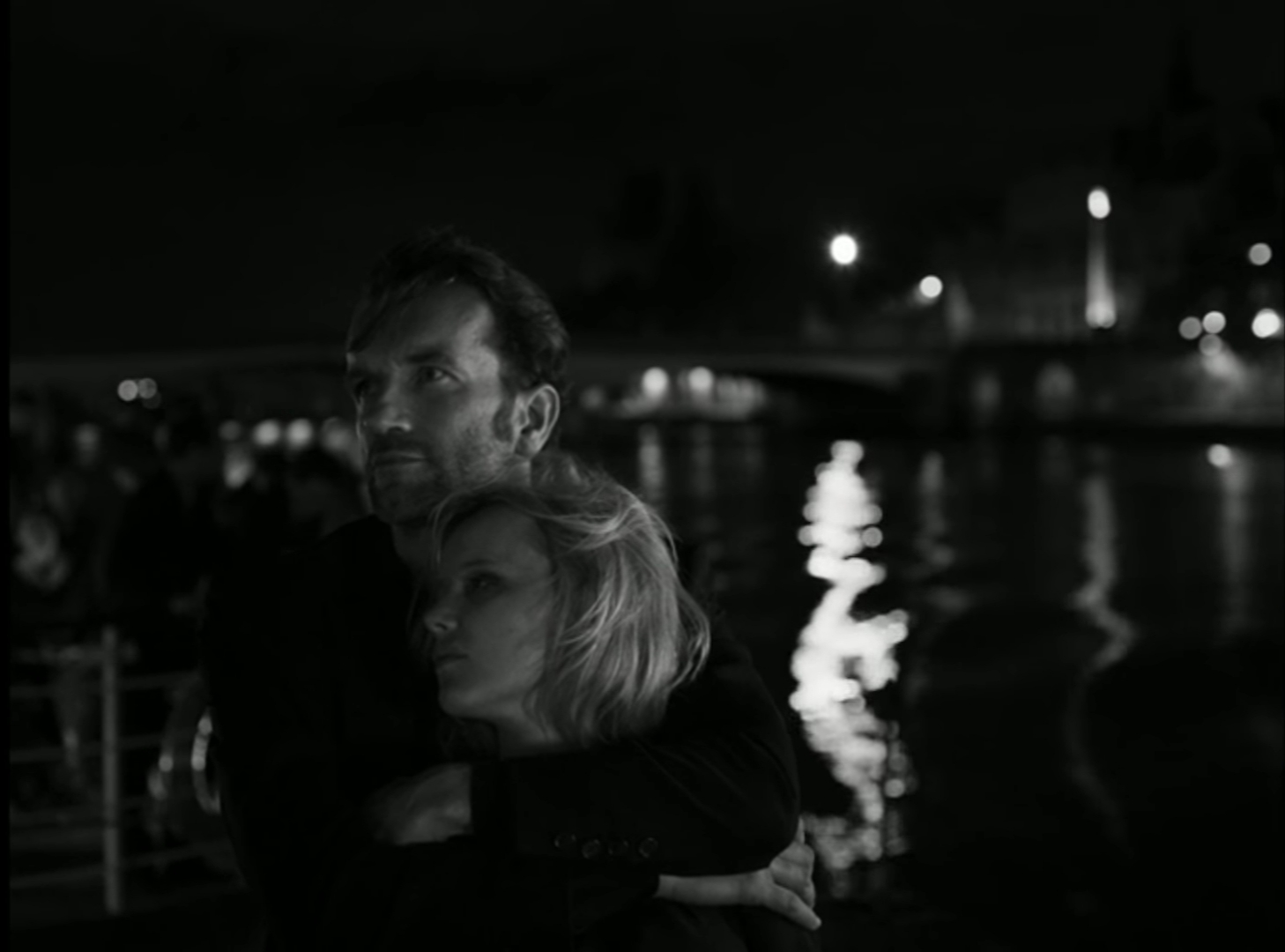
For instance, Zula jumping in a river and floating downstream singing has become one of my favorite scenes in a black and white film since the suit comes alive in The Artist. Another has to do with going to the “eclipse” bar and the main player running around unhinged, being passed on to multiple dance partners as if there is no tomorrow. Lastly, the film’s final scene completely floors you emotionally, is quite profound, and has a small moment of movement the compliments it perfectly. His film is shot with precise, clear images, where the scenes that involve his characters’ movements are quite controlled but lyrical, that feel as if they are spinning uncontrollably off its axis that brim with moments that are practically bursting with energy that makes life worth living during a time that was always on the precipice of ending completely. It’s a deeply moving work that you can’t help but get swept up in and have your head consumed by.
A common comparison of Cold War maybe The English Patient, based on its war-themed timeline and Eros relationship between its leads. Pawlikowski’s film is a sparse 89-minutes compared to Patient’s 162, but that doesn’t make it any less epic in scope or consuming in nature. It’s a deeply effective film that transcends romantic drama into an honest-to-god piece of art, set during a time of great social upheaval. His script was written during an actual modern time of great change and political turmoil and significance that is now being fought through social media. Pawlikowski leaves the cliched wartime romance at the door, strips away the melodrama, and makes every interaction between Zula and Wiktor carry greater weight than other films of the genre. His film has an epic sweep that’s a lyrical gem, visually imagistic in nature, very close to a masterpiece.

